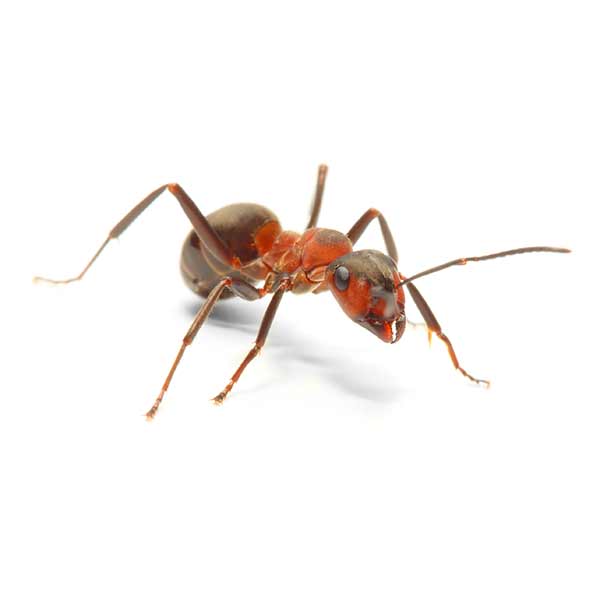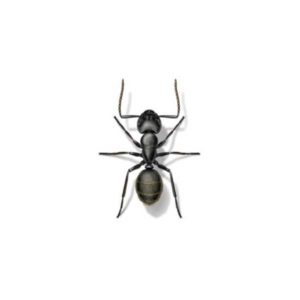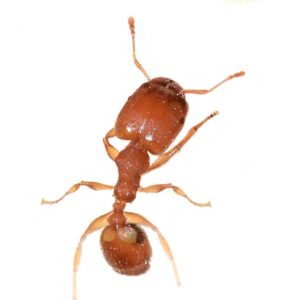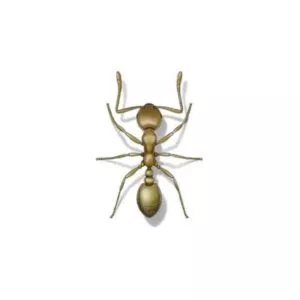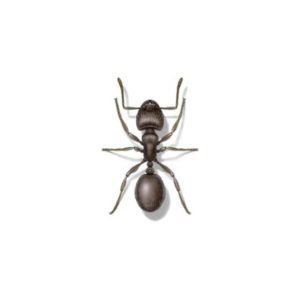Field Ants in Knoxville TN
Field ants get their name for their preference of nesting out in the open and are found throughout the Knoxville area. Constructing large mounds in lawns, playgrounds, and parks, field ants nest in close proximity to humans. With mounds reaching up to three or four feet wide and up to two feet tall, they can affect grass growth and landscapes. Not known for entering homes, most field ants cause issues for homeowners when they nest near masonry walls and concrete sidewalks, destroying the appearance of lawns and can make mowing difficult.
Field Ant Habitat
Sometimes referred to as “thatching” or “mound” ants, field ants nest in soil or decayed logs. Nests are composed of small twigs, grass stems, leaves, or pine needles. Shrubs, rocks, trees, sidewalks, fences, and foundations of structures are all popular locations for nesting sites. Unlike most ant pests, field ants do not forage indoors for food. They feed exclusively on outdoor food resources, such as live and dead insects and the honeydew produced by aphids.
Field Ant Behaviors, Threats, or Dangers
If field ant nests are disturbed or stood upon, ants will swarm out of the nest, attacking and biting the intruder. Their bite is usually painful, with some species spraying formic acid into the wound, which stings. Field ant bites do not have any long-term consequences, and after a short period of time, the painful sensation subsides. The large mounds that field ants build can ruin the look of lawns, making lawn mowing difficult, and interfere with the growth of garden plants and woody ornamentals. If a field ant infestation is suspected, it is best to consult a professional ant exterminator.
Need help with Field Ant control?
We'll call you! Leave your information below.
